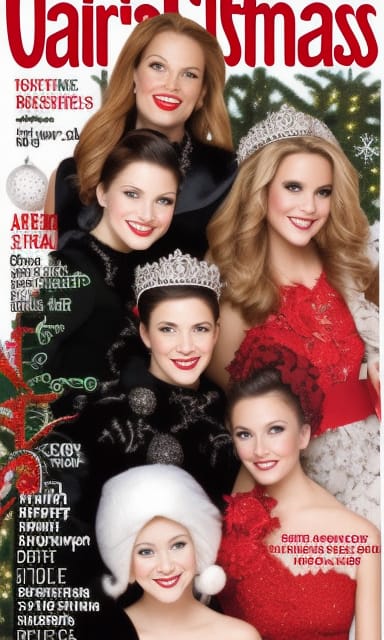The Weekly Infodump, 2022/12/06

Welcome to The Weekly Infodump, which contains a short write-up of whatever is on my mind. You are allowed to share this newsletter with others and I hope you will.
(Links) At least half a dozen people (and counting!) have sent me this article, which describes the outcome of a wrongful termination lawsuit filed by a French worker against his former employer, who fired him in 2015 for declining to participate in company social events. Right now it's on track to claim the title of Most Forwards of a Single Article from this piece, which describes another successful lawsuit filed by a US worker who was feted without his consent and subsequently fired for having a panic attack at his own unwanted birthday celebration.
Look, I get it.
I am well aware that I am no fun.
But you know what IS news to me? That I may have grounds to successfully sue anyone who forces me to socialize with my coworkers! So thank you all for bringing these events to my attention.
(My Inbox) What is a "Holiday Powerpoint Party" and, more importantly, why have I been invited to it?
No one should have office holiday parties, period. People love to cite Die Hard as the Greatest Christmas Movie Ever -- and yet! -- what everyone conveniently forgets is that none of that shit would have gone down had the Nakatomi Corporation executives not decreed there be Mandatory Work Fun on the evening of December 24.
Just saying.
(Film) I frequently engage in what sociologists call "low-quality leisure," or, in layperson's terms, "idly checking my phone while half-paying attention to Princess Switch movies after kids are asleep."
After three feature-length excursions into the Princess Switch Cinematic Universe (four, if you count A Castle For Christmas), I am impressed by just how many sensitive geopolitical conundrums this unlikely gambit can solve – particularly when you add a third doppelganger (larcenous wildcard Fiona) to the mix. There is probably an entire academic paper to be written on cooperative game theory vis-à-vis princess switches, but as I tapped out of math after Algebra 2, you won't be hearing about it from me.
(Podcast) As a cash-poor, time-pressed Elder Millennial, my news diet consists mainly of John Oliver shouting summaries of ProPublica investigations and episodes of Who? Weekly, the pop culture podcast that famously covers "everything you need to know about the celebrities you don't."
One of many reasons that girls (and AFAB people in general) tend to receive autism diagnoses later in life (if at all) is that our "special interests" often intersect with allistic hobbies and preoccupations. The difference tends not to be in the objects of our obsessions, but rather the level of intensity we devote to our chosen passions.
As a tween, I read my grandmother's People magazines with near-religious devotion, despite having little interest in individual celebrities per se.
In retrospect, this ritual served a dual purpose:
1.) to be better informed about the stuff my peers liked so that I could fake my way through small talk, and
2.) to find models of neurotypical behavior to emulate during social interactions.
Celebrities, as a cultural commodity, are often marketed to the public as being "just like you, except better." Most perform in some capacity for living, and even when they're ostensibly "just being themselves," they're presenting a persona to the world. And unlike regular humans, who will definitely be weirded out if you stare at them and take notes, celebrities exist to be seen.
All of this makes them, as a class, such a useful training dataset for autistic people: by studying their facial expressions, body language, and intonation, one can stitch together a "Normal Person" costume for use during required social interactions. Yes, it's exhausting, but survival generally is.
And people wonder why I'd rather stay home.
You can stop reading now. If you want to read more, you can subscribe.